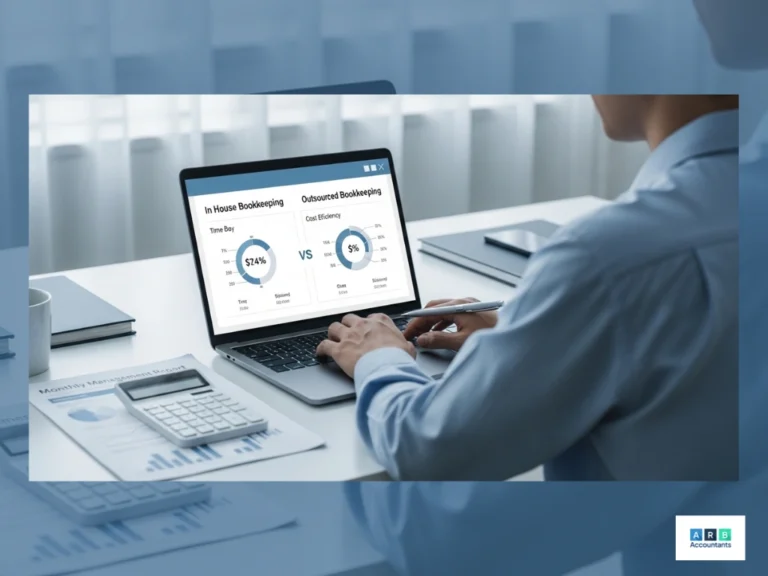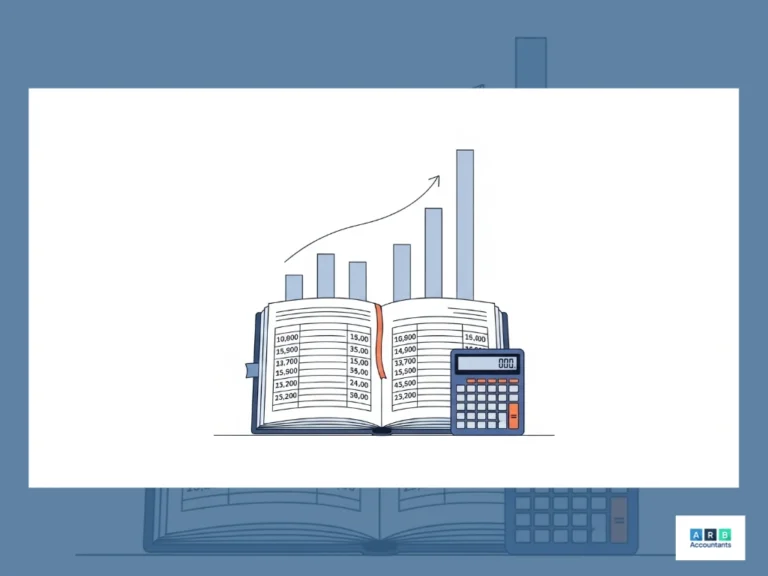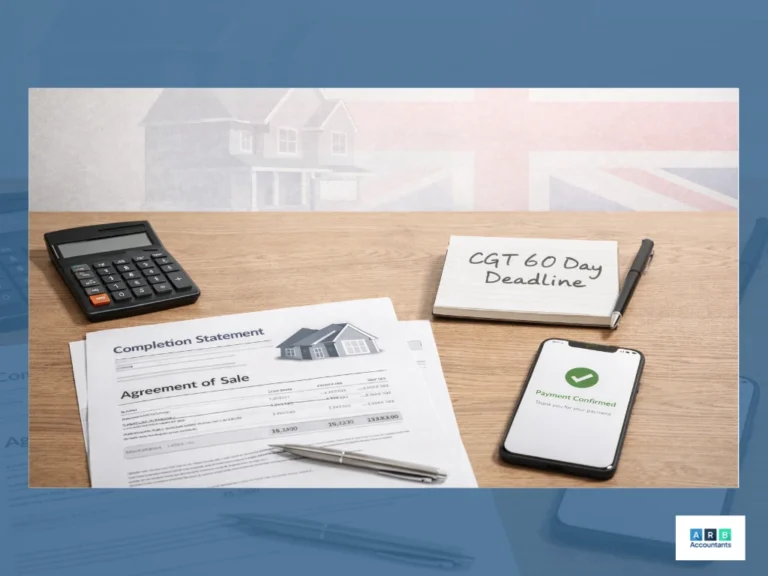
How to Make a HMRC Voluntary Disclosure?
Most taxpayers fear confronting their tax liabilities, thinking the process to be too confusing and daunting. But neglecting to report tax underpayment results in massive fines and unwarranted attention from HMRC. If you have come to find that you’ve paid less in tax than required, the wisest step to take is to take matters into hand with an HMRC voluntary disclosure. By actively alerting HMRC to any shortfall, you stand to reduce fines and show goodwill.
So, how to make a voluntary disclosure to HMRC? The process is done using HMRC’s Digital Disclosure Service to report your calculations of underpaid tax. After submission, HMRC will provide a distinctive disclosure reference number and request payment within 90 days.
Continue reading to discover how to make a voluntary disclosure to HMRC, including processing times, the steps involved, and main benefits.
- What is a HMRC Voluntary Disclosure?
- Voluntary Disclosure HMRC – How Far Back Can You Go?
- How to Submit a HMRC Voluntary Disclosure?
- What are the Benefits of Making a Voluntary Disclosure?
- How Long is HMRC Voluntary Disclosure?
- Voluntary Disclosure HMRC Penalties
- Tax Investigation Services at ARB Accountants
- Frequently Asked Questions
What is a HMRC Voluntary Disclosure?
A voluntary disclosure is the elective declaration of any calculated underpayments of taxes that you recognise from your own taxes. HMRC encourages people to make voluntary disclosures to avoid receiving large fines for underpayments of taxes. By completing a voluntary disclosure for HMRC, you demonstrate that you are trying to be honest and accurate with your tax payments, which is a good representation to make to HMRC.
Voluntary Disclosure HMRC – How Far Back Can You Go?
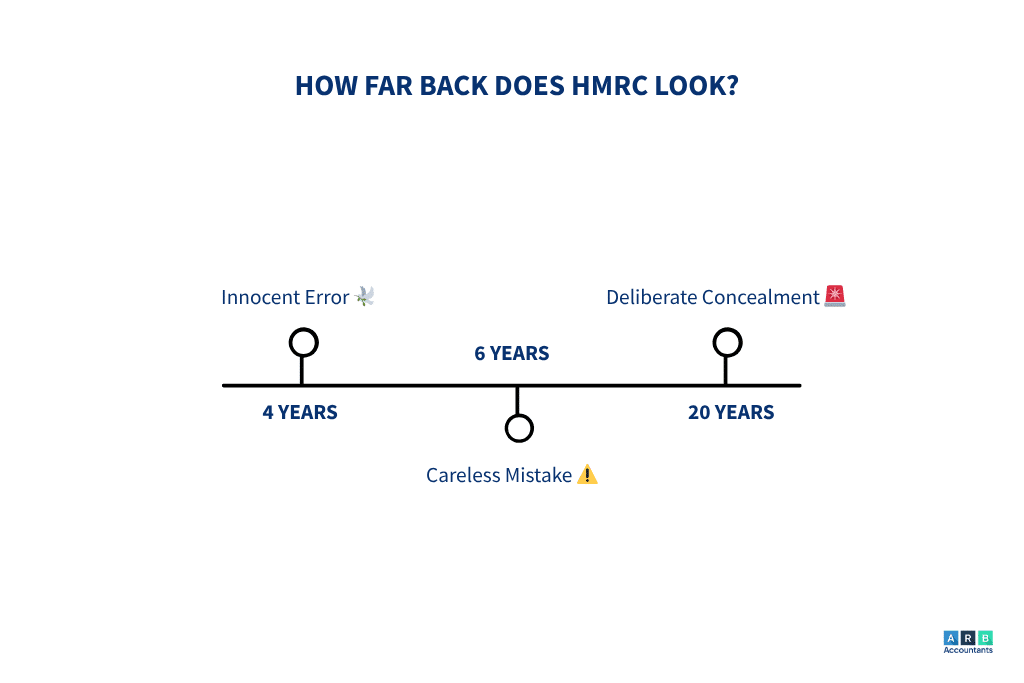
In HMRC voluntary disclosure, the largest concern is how many years back you must report underpaid taxes. The response lies in whether or not HMRC deems the underpayment a mistake, neglect, or wilful tax fraud.
- 4 Years – If it was an innocent error, typically you must report the last four years of unpaid tax.
- 6 Years – If HMRC considers that the error was made carelessly, they might insist on disclosure for up to six years.
- 20 Years – If tax was underpaid or concealed intentionally, HMRC can investigate and insist upon disclosure for up to 20 years.
By knowing voluntary disclosure HMRC how far back the declaration needs to be made, you can achieve complete compliance and escape serious penalties for undisclosed tax mistakes.
READ RELATED ARTICLE: How likely are you to be investigated by HMRC?
How to Submit a HMRC Voluntary Disclosure?
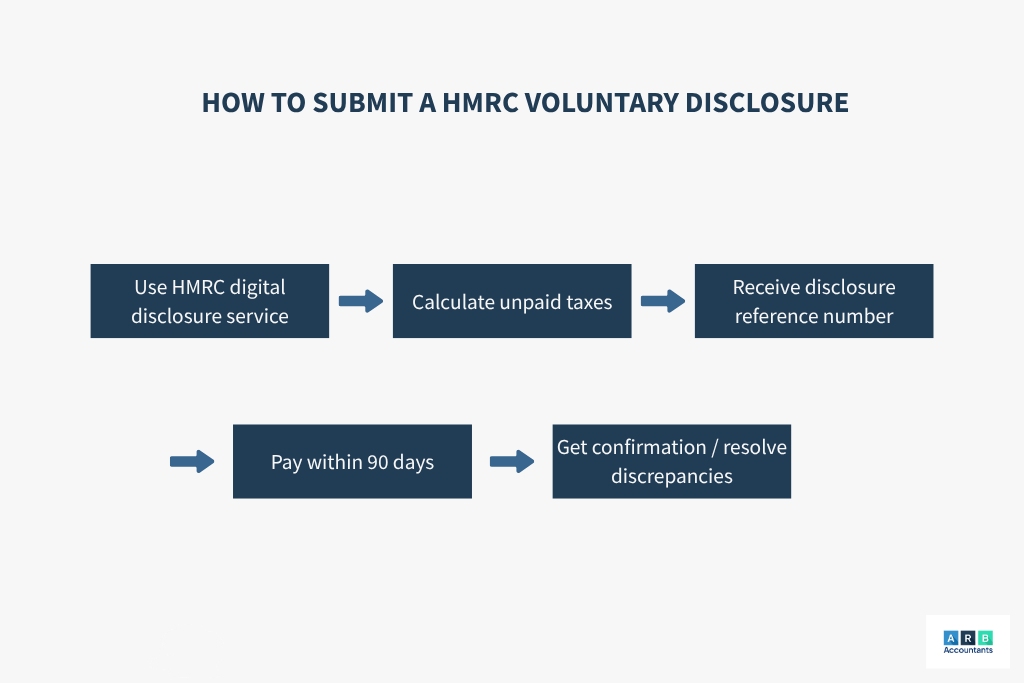
To inform HMRC that you believe you have not paid the correct amount of tax previously, you can make a voluntary disclosure by using the Digital Disclosure Service provided by HMRC. Within the disclosure you will be required to detail the correct amount of income tax, capital gains tax, national insurance or corporation tax that you know has not been correctly declared to HMRC.
Once you have informed HMRC about any outstanding taxes that you believe you have not paid, HMRC will provide you with a unique disclosure reference number. This is an important number because it is what you will need to use when disclosing your payment to HMRC. One point to remember is that you have a maximum of 90 days to make your outstanding payment to HMRC, once they have acknowledged your notification. After you have paid your outstanding taxes to HMRC, and they are happy with your payments and calculations, they will send you confirmation of payment within two weeks of you doing so. However, if they find discrepancies within your calculations or payments, it is important to note that HMRC can charge you additional penalties. Therefore, we would recommend ensuring that your tax calculations are accurate and are double checked by yourself or an experienced accountant.
If your underpayment relates to personal income, speaking with a self assessment accountant can help ensure your disclosure is accurate and fully compliant.
To notify HMRC that you think you have paid too little tax, you will need to make a voluntary disclosure through the HMRC Digital Disclosure Service. This HMRC disclosure service enables you to report any unpaid tax payments, such as income tax, capital gains tax, national insurance, or corporation tax.
When your disclosure is submitted, HMRC will issue a disclosure reference number and call for payment within 90 days. Be precise, as HMRC may charge penalties if discrepancies are discovered.

Saurabh has been looking after us since 2014, he is really professional and offers a top quality service. I highly recommend him, his experience and advices has made a huge difference to my business.
What are the Benefits of Making a Voluntary Disclosure?
Whilst you may be concerned that voluntary disclosures take a lot of time and concentration, ARB accountants believe there are some benefits to completing one. Below we have detailed these benefits to help you understand.
| Elimination of Further Penalties | By taking the time to analyse your taxes and calculate whether there were any underpayments, you reduce the risk of HMRC identifying these underpayments. By identifying them yourself, you can save yourself a significant amount of money in penalties. |
| Better Understanding of Taxes | By actively calculating your taxes for a voluntary disclosure, you are expanding your knowledge on how taxes are calculated. This is significant because it can help you to understand what to expect from your taxes in later years, and recognise when errors have been made. Again, this helps you to avoid any unnecessary and expensive penalties that you could have prevented. |
| Personal/ Company Reputation | A voluntary disclosure is also beneficial because it shows that you demonstrate a certain level of honesty. By voluntarily coming forward and showing that there are errors in your taxes, you are creating a reputation with HMRC that you are an honest entity. This means that HMRC will not view you as a potential threat and will have records of you being honest about your taxes. |
| Potential Tax Errors | When completing a voluntary disclosure, during the calculations of your taxes you may also identify taxes of which you have overpaid. By completing in depth calculations you may begin to recognise errors in your taxes which could result in you receiving a refund from HMRC. Whilst this is not the sole intention of completing the voluntary disclosure, it is possible to identify these errors during your calculations. |
How Long is HMRC Voluntary Disclosure?
Voluntary Disclosures are not a quick process, especially because you have to complete the calculations, submit the disclosure form and then wait for HMRC to notify that they have accepted your disclosure. The calculations alone, can take a significant amount of time, especially if you are not an expert in taxes. What’s more, there is no peak time for voluntary disclosures, therefore the backlog at HMRC is always going to be quite long which means that you could be waiting a while before you can submit your payment.
It is recommended to submit your voluntary disclosure to HMRC as soon as you have become aware that you have underpaid on any form of tax. This is because the sooner you do it, the sooner you can pay it off and reduce the chances of you receiving a large penalty. In some cases penalties can be up to 200% of the original amount that was underpaid, therefore submitting your disclosure accurately and quickly is helpful.
Voluntary Disclosure HMRC Penalties
One of the important reasons to be prompt with a HMRC voluntary disclosure is to reduce the penalties. Penalties can be harsh if HMRC finds the underpayment earlier than you declare.
This is how voluntary disclosure HMRC penalties usually function:
- No Penalty – If HMRC finds the error was entirely beyond your control and you voluntarily make the correction.
- Up to 30% Penalty – If there was carelessness in the underpayment but you voluntarily come forward.
- Up to 70% Penalty – If HMRC thinks the mistake was intentional but not concealed.
- Up to 200% Penalty – If HMRC discovers tax was intentionally concealed (e.g., offshore accounts).
Voluntary disclosure minimizes penalties considerably, as HMRC is positive towards openness. The earlier you act, the less likely you are to face heavy financial penalties.
READ RELATED ARTICLE: Do I need to register for self-assessment?
Tax Investigation Services at ARB Accountants
At ARB Accountants we understand how taxes can be a confusing and tedious concept, especially when you are trying to calculate them yourself. What’s more, if you are new to the voluntary declaration process, it may be a good idea to seek some professional guidance when you are going through each step, to ensure that you are completing it correctly.
Our tax investigation accountants are ideal for anyone who is concerned that they have underpaid on their taxes and need some advice on how to move forward from this. If you require some tax advice, don’t hesitate to get in touch with our accountants in Leigh-On-Sea.





